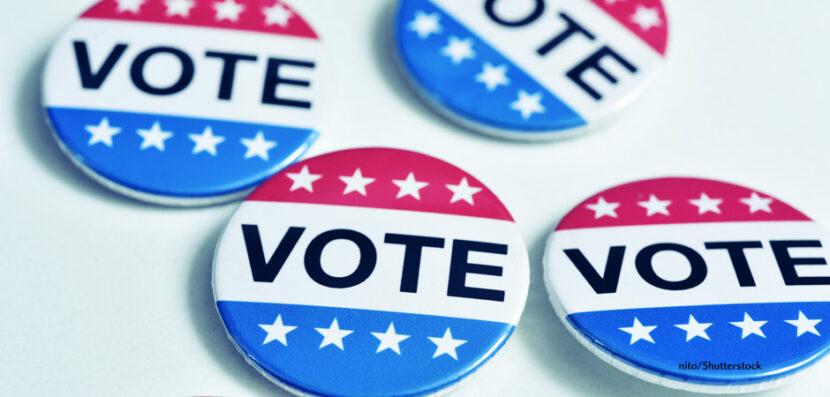The Great DNC Delay
It may seem like this is the presidential primary season that won’t end. And now, it looks like it’s going to last even longer. That’s because the Democratic National Convention has now been pushed back from its original date in July, to the middle of August. Here, Election Central explores why this decision was made, and what impact it could potentially have on the 2020 presidential race.
What is the Democratic National Convention?
Held every four years, a party’s national convention is where its presidential candidate is officially chosen–based on the number of delegates earned during the state-by-state primary contests. In addition to voting on a nominee, it’s also where parties will adopt a comprehensive platform and try to unify the candidate message before the general election. It is attended by delegates from all fifty states and the U.S. territories. The delegates–and in the case of the Democratic Party–and superdelegates not pledged to a candidate meet at the National Convention to vote on an official presidential and vice presidential nominee.) The convention marks the end of the primary season.
Originally, this huge event was scheduled for the week of July 13. But because of concerns about the coronavirus and social distancing, the Democratic National Committee made the decision to move the convention to the week of August 17, in its originally-planned location of Milwaukee, Wisconsin. This decision also came about in part because of the fact that many states have had to delay their primary elections or switch over to a mail-in system instead of in-person voting.
The DNC has also said that the convention might look very different this time. Even at its new date, it’s likely that crowds will be kept smaller and the schedule adjusted to prevent large gatherings. (The Republican National Convention will be held the following week in Charlotte, North Carolina. The RNC has not yet indicated that it would make any similar changes.)
How Will This Change the Campaign?
Former Vice President Joe Biden, who the only major candidate still running, has been a vocal supporter of changing the date of the convention, though it means that he will have to wait an extra month to receive the official nomination and begin campaigning against Donald Trump in the general election. Some Democrats have expressed concern that this delay could be damaging to Biden’s campaign.
Either way, the campaign has already been changed drastically by the COVID-19 pandemic. Biden hasn’t been able to campaign in person since March 10. Instead, he has had to campaign via teleconferences, remote interviews, and other forms of digital outreach.



